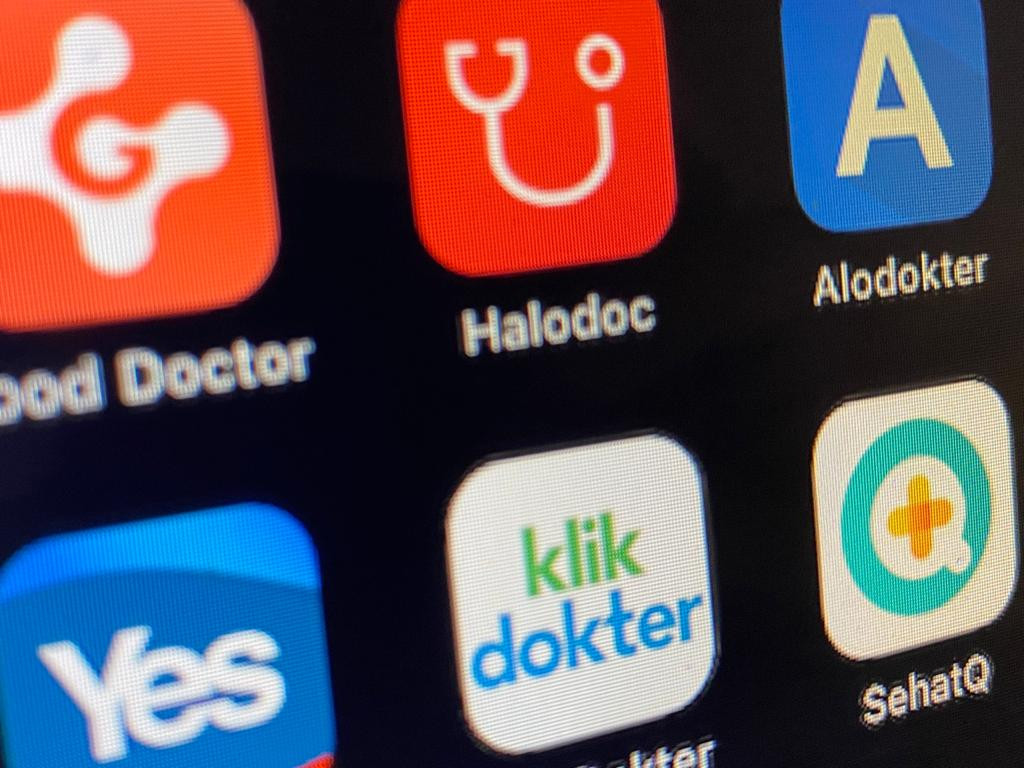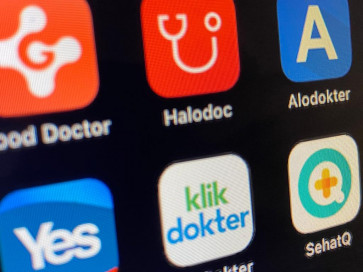Popular Reads
Top Results
Can't find what you're looking for?
View all search resultsPopular Reads
Top Results
Can't find what you're looking for?
View all search resultsPotential and challenges of telemedicine in Indonesia
The COVID-19 pandemic in the current digital era has encouraged the use of digitalized health services in Indonesia, including telemedicine
Change text size
Gift Premium Articles
to Anyone
T
he COVID-19 pandemic in the current digital era has encouraged the use of digitalized health services in Indonesia, including telemedicine.
The increasing use of telemedicine in health services has further raised concerns regarding service standards and quality, especially for patients as users, considering that currently more telemedicine services are developed by digital platforms than hospitals. Regulations that technically control the standards and quality of telemedicine services, especially those provided by digital health platforms are still unclear.
Currently, there are two regulations governing telemedicine in Indonesia. First, Health Ministerial Regulation No. 20/2019 regarding the implementation of telemedicine services between service facilities, not between health facilities and patients directly. Second, Indonesian Medical Council Regulation No. 74/2020 on clinical authority and medical practice through telemedicine during the COVID-19 pandemic in Indonesia.
Article 3 of the 2020 Indonesian Medical Council regulation defines telemedicine as a teleconsultation service that is carried out in the form of online modes of writing, voice and/or live video to obtain information needed to establish a diagnosis, as well as management and treatment of patients in accordance with the provisions of the legislation.
Furthermore, doctors who practice telemedicine must have a registration certificate and practice license at health facilities. In addition, doctors who practice telemedicine are required to make a medical record for each patient and keep it in the health facilities, while teleconsultation between medical personnel and patients directly without going through health facilities is prohibited.
In general, currently there are two types of telemedicine service provider in Indonesia, namely health facilities (private hospitals) and digital health platforms (start-ups). Telemedicine organized by hospitals or clinics is generally considered more reliable than that developed by digital platforms because it is connected to a strong health service ecosystem, especially in terms of facilities, doctor expertise, as well as security guarantees. Thus, the standard and quality of service can be said to be more guaranteed according to hospital policy and applicable laws and regulations.
However, telemedicine services of digital platforms are currently much more numerous and more developed than those of hospitals. Some big players, such as Alodokter, Halodoc, SehatQ, YesDok and Good Doctor have more than 20 million monthly active users each. As an illustration, Alodokter users have increased 200 percent since the beginning of the pandemic. Teleconsultation is the most frequently used service in digital health applications so far.


















